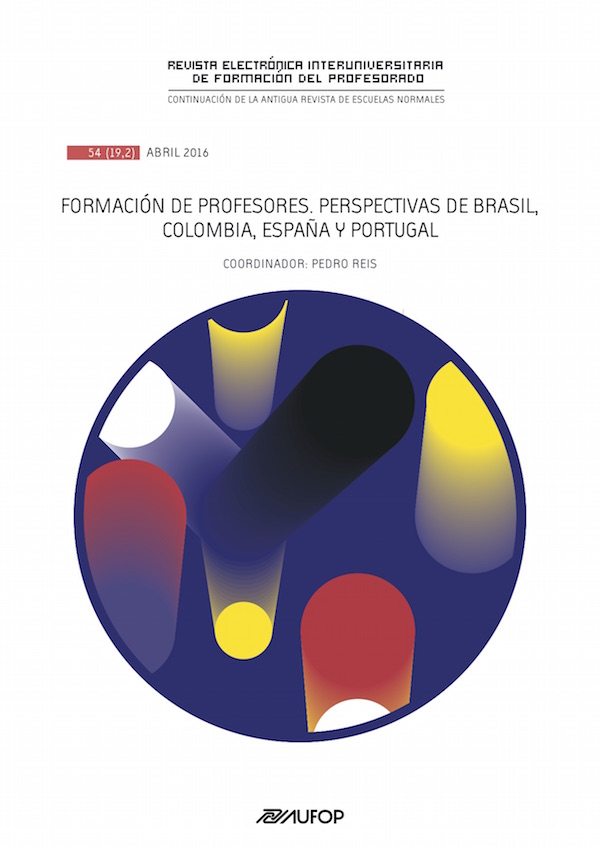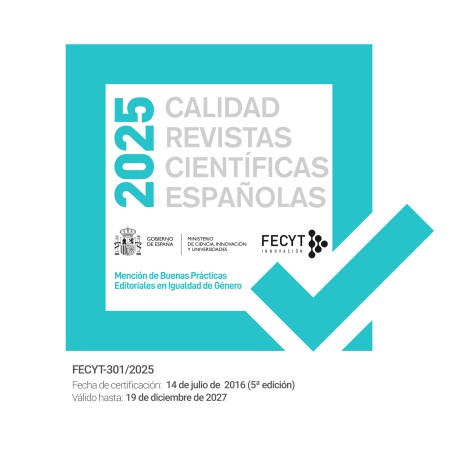El discurso pedagógico del profesor-autor
Agencias de apoyo
- Coordenação de Aperfeiçoamento de Pessoal de Nível Superior (CAPES)
Resumen
El conocimiento científico no es una serie de acumulaciones, más de rupturas y de rectificaciones, en un largo proceso dialéctico. Sin embargo, en las clases de ciencias son exhibidos a los estudiantes ejercicios y expresiones “fines en sí mismos” que dificultan el estabelecimiento de relaciones con factos del cotidiano y los propios conceptos. Es predominante el uso del lenguaje de signos matemáticos y de los textos escritos cortos y con pretensión de objetividad, en detrimento de la utilización y reflexión encima de las diversas lenguajes en las que el conocimiento científico escolar si constituí. Partiendo de lo referencial teórico de la Análisis del Discurso de la línea francesa, discutimos la idea de autoría en la práctica docente, culminando en lo que tenemos llamado del profesor-autor. La tomada de la posición profesor-autor enreda en la movilización de saberes pre-hechos y en la ruptura con prácticas ya institucionalizadas y cristalizadas en el ámbito educacional. Cuando si produce un discurso pedagógico polémico, el profesor-autor inscribe su “decir-hacer” en la historia y resinifica su práctica docente. Es reorganizando los significados para el conocimiento científico que el profesor reconoce su función autoral y su papel principal en lo indispensable proceso de mediación didáctica.
Descargas
-
Resumen442
-
PDF 178
Los artículos que se publican en esta revista están sujetos a los siguientes términos:
1. El Departamento de Métodos de Investigación y Diagnóstico en Educación de la Universidad de Murcia (España), junto con el Servicio de Publicaciones de la Universitdad de Murcia (Editum) son los editores de la revista REIFOP y conserva los derechos patrimoniales (copyright) de los artículos publicados, permitiendo la reutilización de las mismos bajo la licencia de uso indicada en el punto 2.
2. Las obras se publican en la edición electrónica de la revista bajo una licencia Creative Commons Reconocimiento-NoComercial-SinObraDerivada 3.0 España (texto legal). Se pueden copiar, usar, difundir, transmitir y exponer públicamente, siempre que: i) se cite la autoría y la fuente original de su publicación (revista, editores y URL de la obra); ii) no se usen para fines comerciales; iii) se mencione la existencia y especificaciones de esta licencia de uso.
3. Condiciones de auto-archivo. Se permite y se anima a los autores a difundir electrónicamente las versiones pre-print (versión antes de ser evaluada) y/o post-print (versión evaluada y aceptada para su publicación) de sus obras antes de su publicación, ya que favorece su circulación y difusión más temprana y con ello un posible aumento en su citación y alcance entre la comunidad académica. Color RoMEO: verde.
















